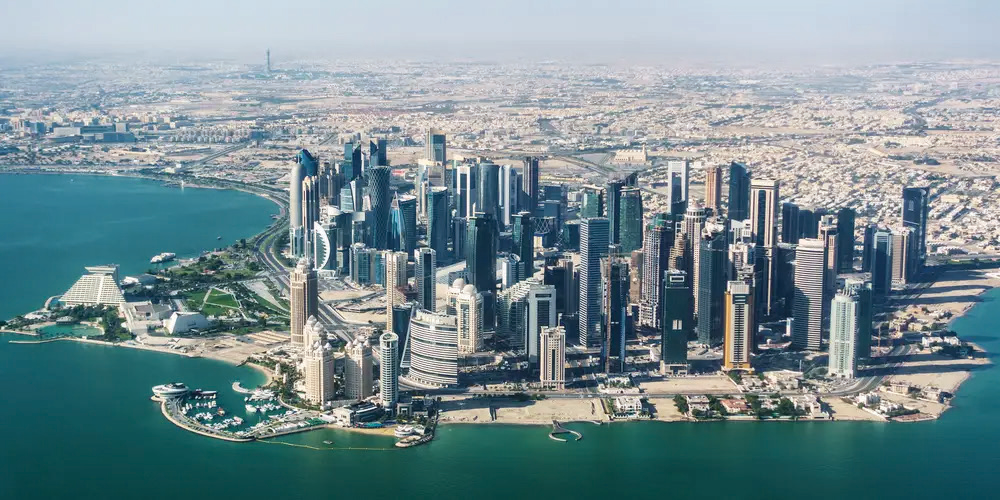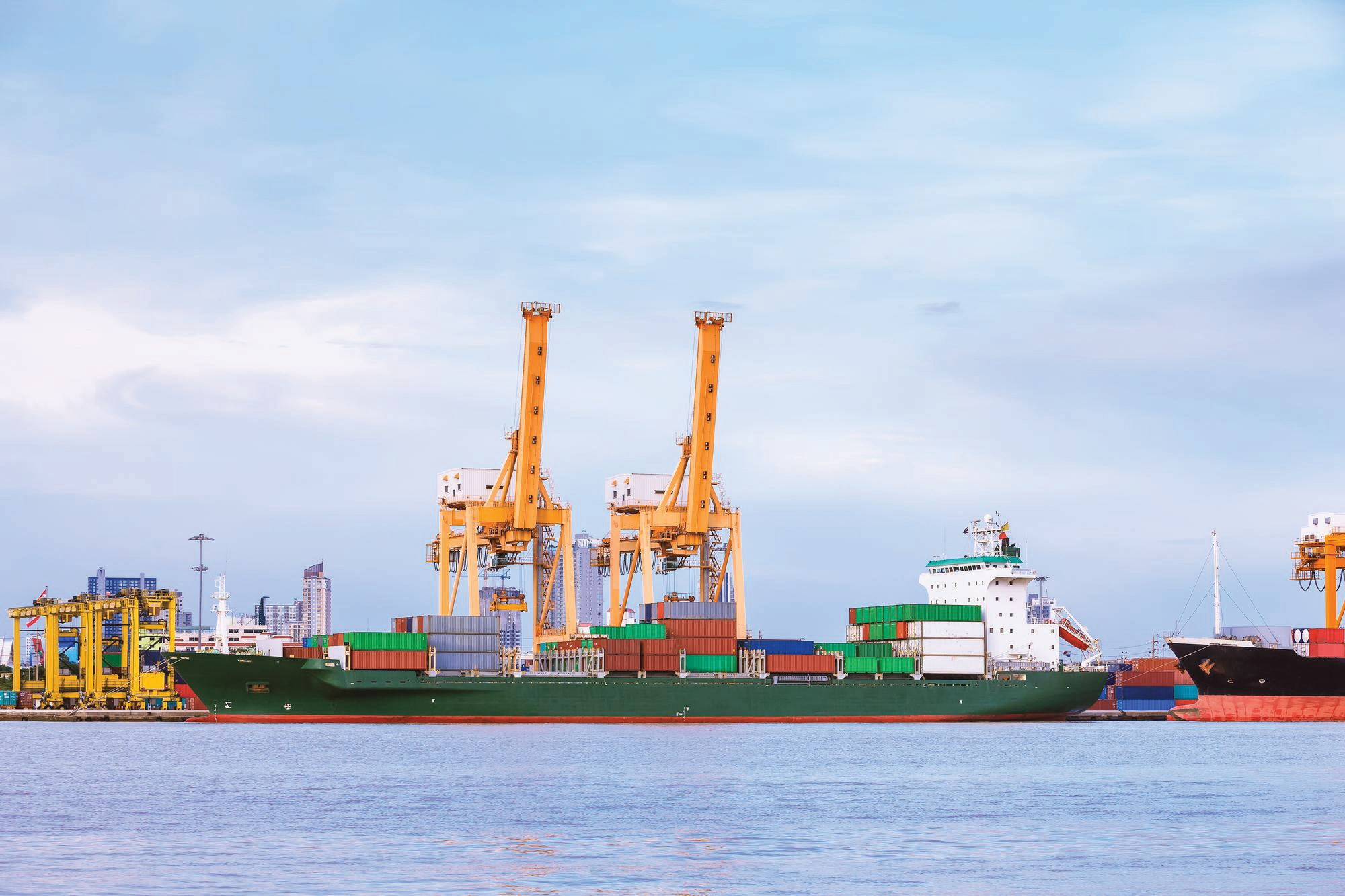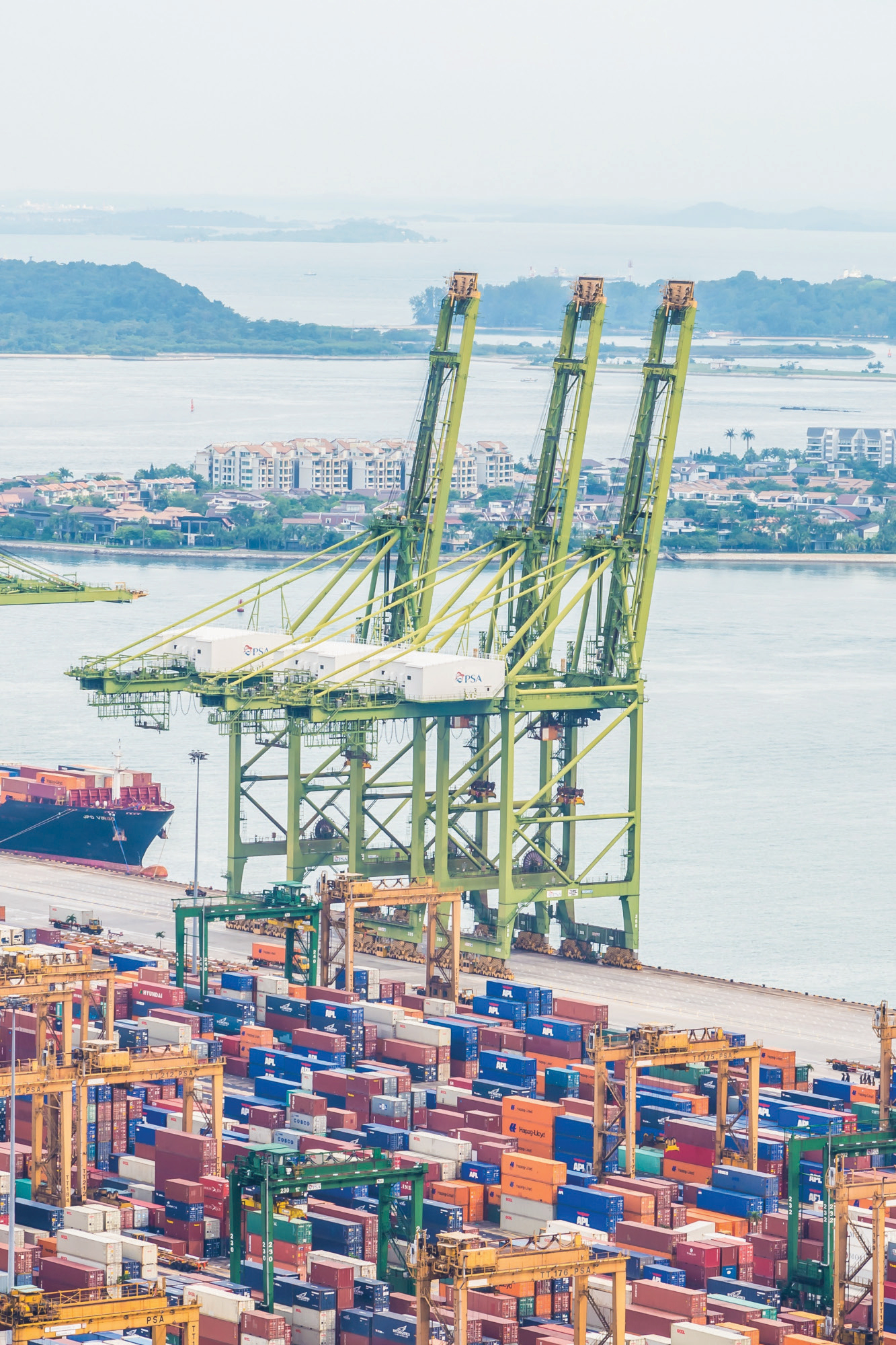
Saudi Arabia has unveiled an extensive master plan aimed at developing 59 logistics centers across the nation as part of its broader National Transport and Logistics Strategy.
This initiative is a crucial step towards positioning the kingdom as a leading global logistics hub. Crown Prince Mohammed bin Salman announced that all centers are expected to be completed by the end of this decade, emphasizing the kingdom’s commitment to this ambitious project.
Diversifying the Economy and Attracting Foreign Investment
The primary objective of this logistics infrastructure development is to diversify Saudi Arabia’s economy and attract foreign direct investment. While specific financial details of the master plan were not disclosed, it forms an integral part of a comprehensive set of initiatives outlined by the National Transport and Logistics Strategy. Prince Mohammed, who also serves as the chairman of the Supreme Committee for Transport and Logistics, highlighted the strategic importance of this strategy. He stressed that it aims to bolster partnerships with the private sector, create job opportunities, and establish Saudi Arabia as a global logistical powerhouse, benefiting from its strategic location connecting Asia, Europe, and Africa.
Key Details of the Master Plan
Under the master plan, the 59 logistics centers will collectively cover an area exceeding 100 million square meters. These centers are strategically distributed, with 12 planned for Riyadh and Makkah regions, 17 in the Eastern region, and 18 spread across the country. Currently, 21 centers are in progress, with all centers slated for completion by 2030.
The successful implementation of these logistics centers will significantly enhance the efficiency of Saudi industries in exporting their products. It will also play a vital role in supporting the ecommerce sector by facilitating seamless connections between logistics centers and distribution hubs across various regions, cities, and governorates.
“The plan is part of a package of continuing initiatives set as targets by the [NTLS] … with the aim of developing the logistical sector to support the economy, increase the local, regional and international connections of the international trade networks and global supply chains,” Prince Mohammed, who is also chairman of the country’s Supreme Committee for Transport and Logistics, said.
The strategy will help the kingdom boost “the partnership with the private sector, and thus increase the opportunity to generate jobs, and make of the kingdom of Saudi Arabia a global logistical hub, given its geographical location among three important continents: Asia, Europe and Africa”, he added.
The National Transport and Logistics Strategy (NTLS), launched by His Royal Highness Crown Prince Mohammed bin Salman aims to solidify Saudi Arabia’s position as a global logistics hub connecting three continents, in addition to upgrading all means of transportation, enhancing integration in the logistics system and supporting the comprehensive development process in Saudi Arabia, the paper said. NTLS is one of key goals of Saudi Vision 2030, a government program launched by the Kingdom of Saudi Arabia that aims to achieve the goal of increased diversification economically, socially and culturally, in line with the vision of Saudi Crown Prince and Prime Minister Mohammed bin Salman.

A Pillar of Saudi Arabia’s Economic Diversification Strategy
This endeavor is part of Saudi Arabia’s broader push to invest over 500 billion riyals ($133 billion) by 2030 to expand its transport sector. The kingdom is planning more than 300 projects in transport and logistics through partnerships with local and international private sectors. The comprehensive plan includes the launch of new airlines, expansion of airports, expansion of the railway network, increasing port capacity, and development logistics hubs throughout the kingdom.
A key goal of this strategy is to increase the contribution of the transport and logistics sectors to the national gross domestic product (GDP) to 10% by the end of this decade, up from 6% in 2021. Furthermore, it aims to boost the sectors’ annual contribution to non-oil revenue to 45 billion riyals by 2030, aligning with Saudi Arabia’s efforts to diversify its economy and reduce its dependence on oil.

Strong Economic Growth and Diversification Efforts
Efforts Saudi Arabia’s economy recorded impressive growth in 2022, expanding by 8.7%, making it the fastest-growing among the world’s 20 largest economies. This growth was primarily driven by a surge in oil prices and the robust performance of the non-oil private sector. However, growth is expected to moderate to 1.9% in the current year, primarily due to lower oil production, according to estimates from the International Monetary Fund (IMF).
The logistics services sector is emerging as a promising pillar of economic diversification and development in Saudi Arabia. It is currently witnessing significant initiatives and major developments aimed at expanding its economic and developmental contributions. The Ministry of Transport and Logistics is actively working to develop the logistics industry, enhance export strategies, expand investment opportunities, and foster partnerships with the private sector, all in alignment with the broader goals of Vision 2030.